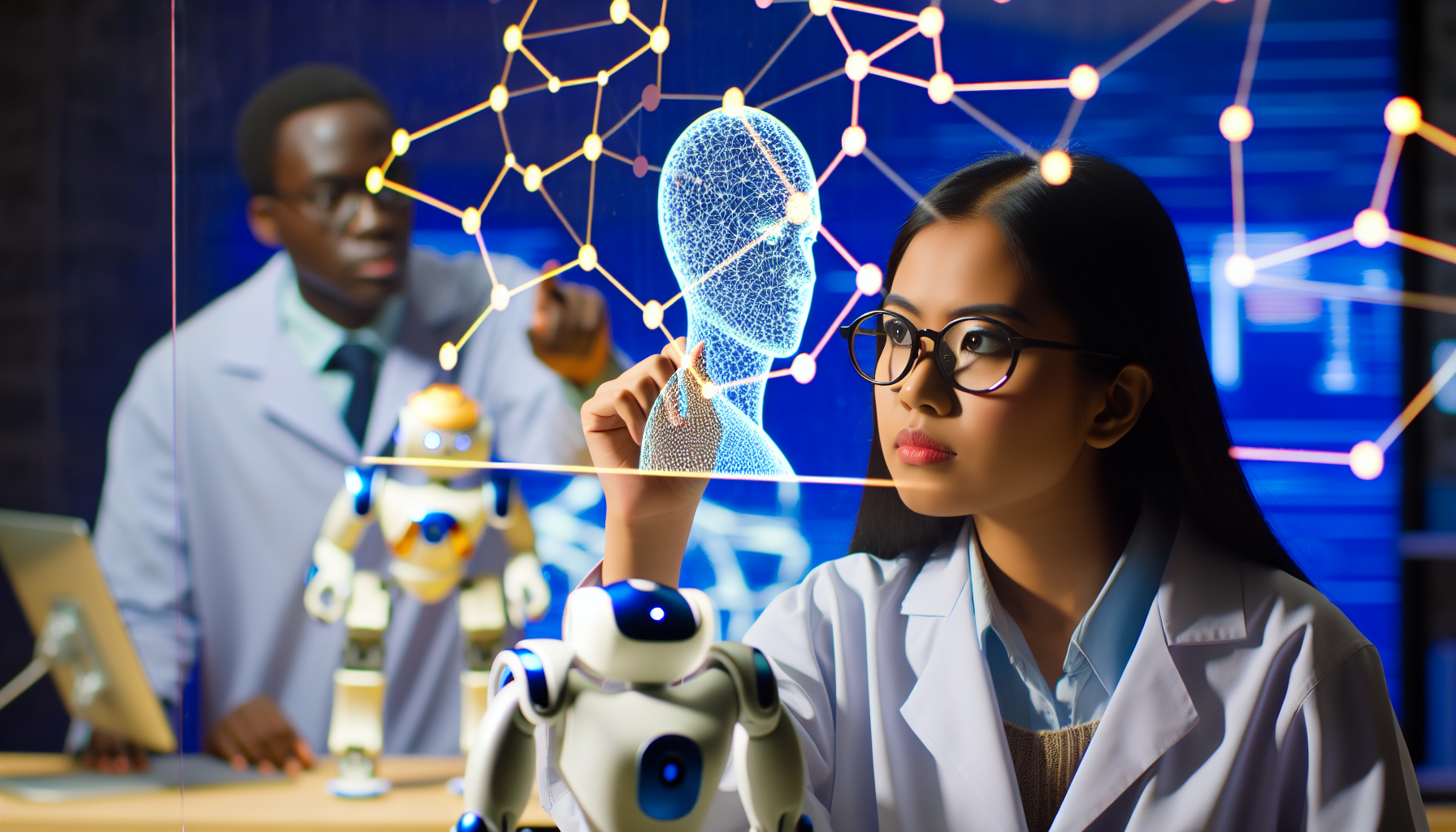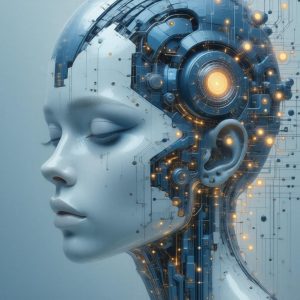In the rapidly evolving landscape of artificial intelligence, knowledge-based AI agents are emerging as sophisticated systems that can learn, reason, and adapt in complex environments. These intelligent agents represent a significant leap forward in machine learning technologies, offering unprecedented capabilities in problem-solving and decision-making.
Understanding Knowledge-Based AI Agents
Knowledge-based AI agents are advanced computational systems designed to acquire, process, and utilize information in ways that mimic human cognitive processes. Unlike traditional rule-based systems, these agents can dynamically update their knowledge base, learn from experiences, and make intelligent decisions based on accumulated information.
At their core, these agents operate through a sophisticated framework that combines several key components:
- A comprehensive knowledge repository
- Advanced reasoning mechanisms
- Adaptive learning algorithms
- Context-aware decision-making capabilities
Learning Mechanisms in Knowledge-Based AI
The learning process of knowledge-based AI agents is multifaceted and involves several intricate approaches. Supervised learning allows these agents to learn from labeled training data, identifying patterns and relationships that inform future decision-making. Unsupervised learning enables them to discover hidden structures within data without explicit guidance.
Reinforcement learning plays a crucial role in helping AI agents develop sophisticated strategies. By receiving feedback through rewards and penalties, these systems can optimize their performance over time, gradually refining their approach to complex tasks.
Adaptive Reasoning and Knowledge Expansion
One of the most remarkable features of knowledge-based AI agents is their ability to continuously expand and refine their knowledge base. Through machine learning techniques, these agents can:
- Recognize and integrate new information
- Identify connections between different knowledge domains
- Update existing mental models based on new insights
This adaptive capability allows AI agents to become increasingly sophisticated and nuanced in their understanding, much like human experts who continually learn and grow in their respective fields.
Real-World Applications
The potential applications of knowledge-based AI agents are vast and transformative. In healthcare, these systems can assist doctors by analyzing complex medical data and suggesting personalized treatment strategies. Financial institutions can leverage these agents for risk assessment and fraud detection, processing vast amounts of transactional information with remarkable precision.
Research and development sectors are particularly excited about the potential of these intelligent systems. By rapidly processing and synthesizing complex scientific data, knowledge-based AI agents can accelerate discoveries and provide insights that might take human researchers significantly longer to uncover.
Challenges and Ethical Considerations
Despite their incredible potential, knowledge-based AI agents also present significant challenges. Ensuring transparency in decision-making processes, maintaining data privacy, and preventing potential biases remain critical concerns for researchers and developers.
Ethical frameworks must be carefully integrated into these systems to guarantee responsible and fair AI deployment. This involves creating robust mechanisms for accountability and maintaining human oversight in critical decision-making scenarios.
The Future of Intelligent Systems
As technology continues to advance, knowledge-based AI agents will become increasingly sophisticated. The convergence of advanced machine learning techniques, enhanced computational power, and more extensive data repositories promises a future where these intelligent systems can tackle increasingly complex challenges across numerous domains.
The journey of knowledge-based AI agents represents a fascinating intersection of computer science, cognitive psychology, and cutting-edge technology—a testament to human innovation and our quest to create increasingly intelligent computational systems.



